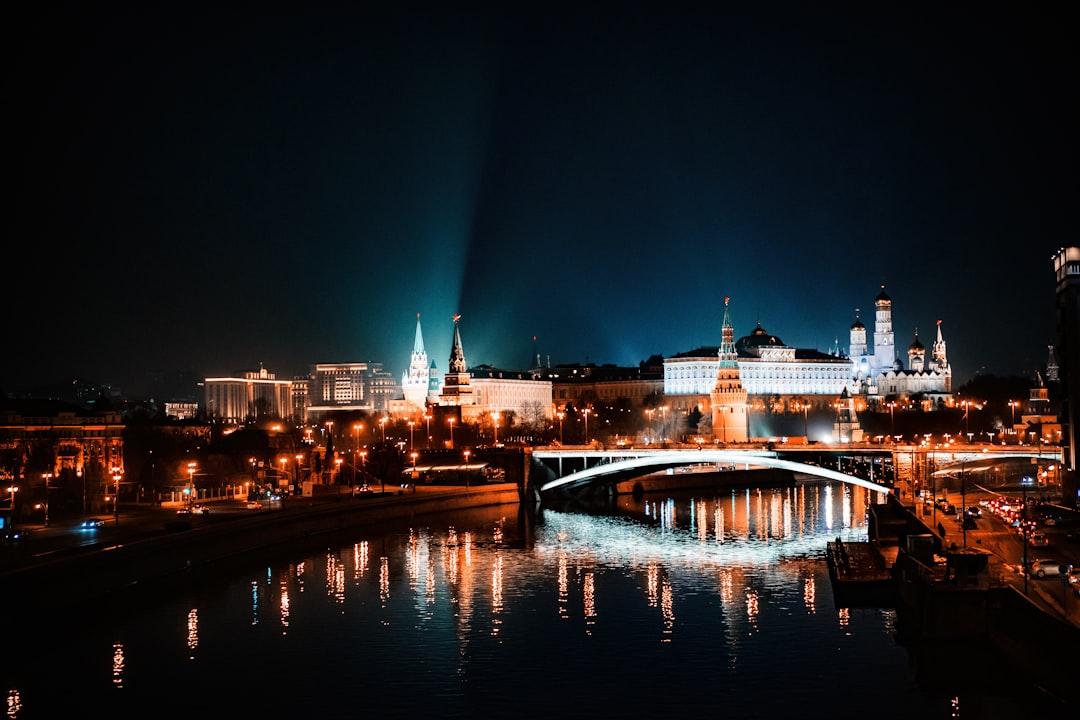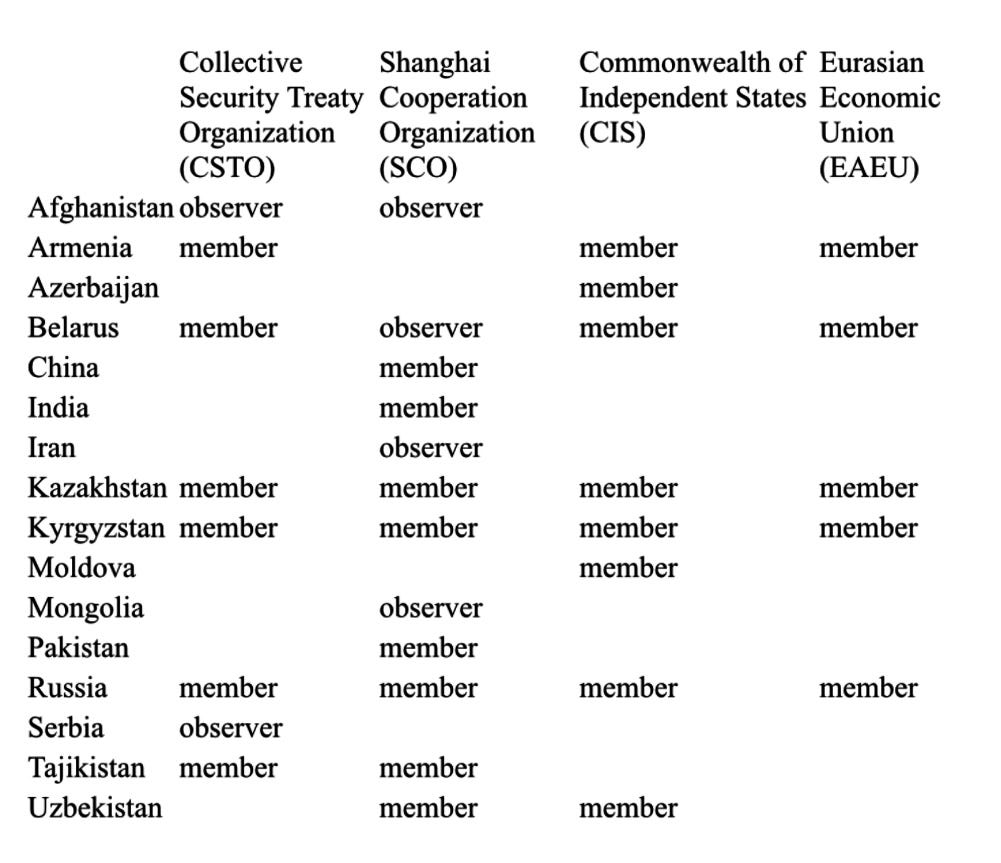Russia’s new world order
One of the main elements of Russia's new foreign policy strategy is the idea of a multipolar world. And the problem is their plan is not impossible. In fact, it's quite the opposite.
One of the main elements of Russia's new foreign policy strategy, made public just the day before taking on the presidency of UN Security Council, is the idea of a multipolar world. But what does Russia mean by multipolar, and how do they plan to achieve it?
Very open about their plans, Russia states in their new "Concept of the Foreign Policy" document, that this idea of a multipolar world requires, in part, to “eliminate the vestiges of domination by the US and other unfriendly states in global affairs, [and] create conditions to enable any state to renounce neo-colonial or hegemonic ambitions.” This dislike for Western leadership in international affairs is nothing new, but what is different is Russia's concrete plans to shift the current world order by increasing their own influence in existing international organizations.
Russia plans to start by “restoring the UN's role as the central coordinating mechanism in reconciling the interests of UN Member States and their actions in pursuit of the goals of the UN Charter.” In particular, Russia wants to “exclude from international relations the practice of taking illegal unilateral coercive measures in violation of the UN Charter” by giving the UN sole power to apply international sanctions.
Russia clearly understands that using the UN to apply sanctions would, in reality, almost eliminate sanctions, simply because reaching an agreement at UN, especially on such an issue, is almost impossible. And because Russia itself and many of its already allies are under sanctions (and Western sanctions is what prevents the majority of countries from allying with Russia), this issue is crucial for them.
At the same time, while increasing UN's authority in issuing sanctions, Russia also wants to reduce world dependence on US-centered international organizations such as UN, World Bank, and IMF. To accomplish that, Russia plans to increase the power of smaller, regional organizations by “supporting regional and sub-regional integration within friendly multilateral institutions, dialogue platforms and regional associations in Asia Pacific, Latin America, Africa and the Middle East.”
Russia's strategy is clear. In major IGOs like UN, IMF, and World Bank where the ballot structure is one country-one vote, Russia would need to get majority of the countries on its side to increase its influence, an almost impossible task. But in case of regional organizations, having good relations with the most powerful country in the region will allow Russia to have influence on the whole region. This strategy is not only possible for Russia, it is also much cheaper.
Russia’s top priority organization to influence is BRICS. This organization consists of Brazil, Russia, India, China, and South Africa; and is seen as a main rival to the West dominated G7 that consists of Canada, France, Germany, Italy, Japan, UK, and US. So since the invasion of Ukraine last year, Russia's main diplomatic efforts have been targeting BRICS countries. Within the first months of 2023, Russian Minister of Foreign Affairs Sergey Lavorov visited Brazil, the largest country in Latin America, and South Africa, one of the strongest economies in Africa and is in constant contact with China and India.
Clearly Russia believes BRICS has the potential to be the new main international organization and has already announced the creation of the New Development Bank, the Contingent Reserve Arrangement, the BRICS payment system, and BRICS basket reserve currency. And this initiative is already successful because BRICS membership has now become desirable for other countries. In 2022, several countries like Algeria, Argentina, and Iran have already applied for membership.
The only alliance missing from BRICS coalition is the Middle East region and, more broadly, the Muslim world. And there Russia also has a plan. Interestingly in its new foreign policy doctrine, Russia openly talks about their plans for the Organization of Islamic Cooperation—an organization where Russia is not even a member state (only an observer state). The first step is to reintroduce Syria and Iran into the world diplomatic circles. If done successfully, those countries could dominate the region. Then Russia plans to “reconcile differences and normalize relations among the Member States of the Organization of Islamic Cooperation, as well as between these states and their neighbors (primarily the Islamic Republic of Iran and the Arab countries, the Syrian Arab Republic and its neighbors, the Arab countries and the State of Israel), including within the efforts aimed at a comprehensive and lasting solution to the Palestinian question.”
In Eurasia, Russia’s first foreign policy goal is the ally with those countries on its borders. This is not only politically important, but it also will allow Russia to decrease the negative consequences of Western sanctions through parallel import. Russia plans to “promote the processes of regional and interregional economic integration that serve Russia's interests, first of all, within the Union State, Eurasian Economic Union (EAEU), Commonwealth of Independent States (CIS), Shanghai Cooperation Organization (SCO), BRICS as well as with a view of shaping the Greater Eurasian Partnership.” Inroads with the four organizations that unite the majority of its surrounding countries would ensure political, economic, and military cooperation on all sides.
Russia clearly has a very ambitious goal of changing the world order by decreasing Western influence and increasing its own. The problem is their plan is not impossible. In fact, it's quite the opposite. If executed well and met with no substantial resistance from the West, Russia could in fact significantly increase its power in international diplomacy in just several years.



